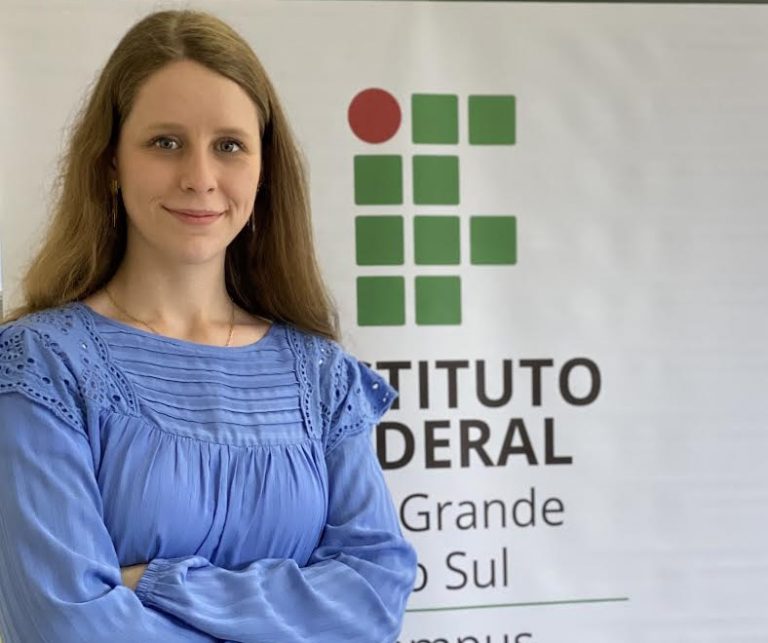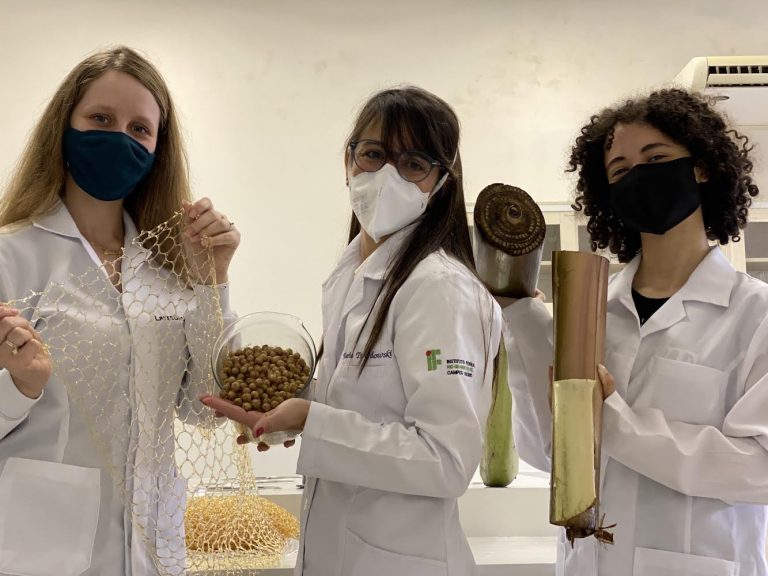heading

I\’m a 4th grade student of the Technical Course in Integrated Administration to High School at IFRS – Osório campus. In 2019 I started to develop research projects and discovered my love for the transformative power of Science. Since then, I re-signified the way in which I understand things. In 2021 I received the Scientific Entrepreneurship Incentive Award and the Young Scientific Talent Award from Rio Grande do Sul.
Tell us what the water concern in your country is!Basic sanitation is a human right. However, many women face Menstrual Poverty. In addition, synthetic absorbents have a strong impact on the environment. For each absorbent, 120 litres of water are spent only on the cotton production. There’s still the issue of disposal.
This is what I think is one of the solutions for a sustainable future:When I’d contact with the world of reutilisation for the development of new products, I came across the importance that the circular economy has in our lives. Making raw materials have a cyclical life without having to discard exorbitant quantities is of paramount importance so that we can preserve nature.

SustainPads: Sustainable and affordable sanitary pads from industrial by-products
Basic sanitation is a human right. It’s what the 6th of the 17 SDGs created by the UN foresees. However, plenty of women face Period Poverty, which consists of the inaccessibility to sanitary pads, bringing irreversible social consequences and a lack of dignity in their lives. Moreover, synthetic pads negatively impact the environment since most of their materials come from non-renewable sources and require tons of liters of water to be manufactured. So, by-products from the South Coast of Brazil were used as raw materials to develop an eco-friendly sanitary pad. The final prototype was able to absorb 645%, while the disposable pads were 582% and it has a cost 2 cents.

